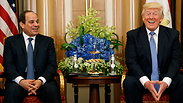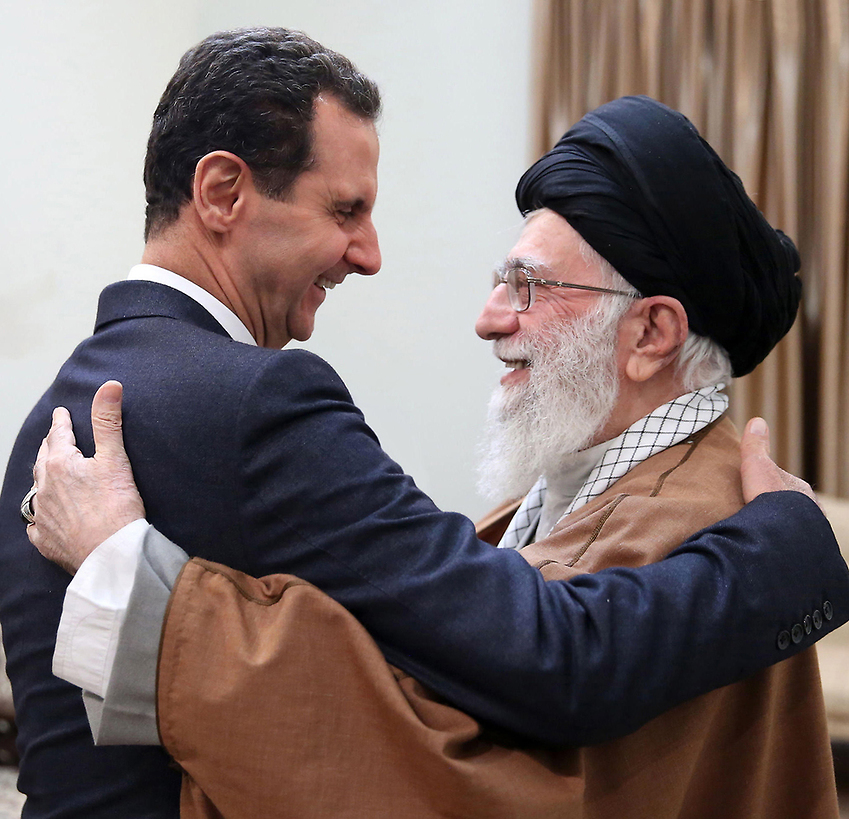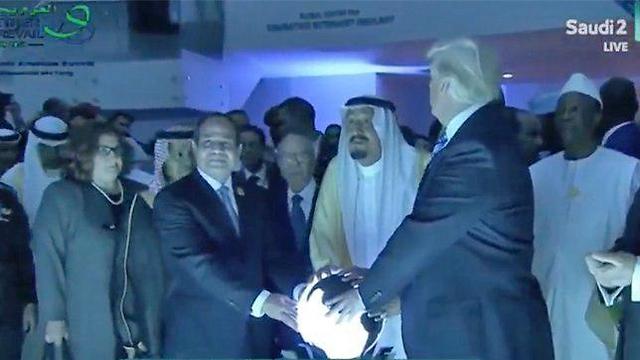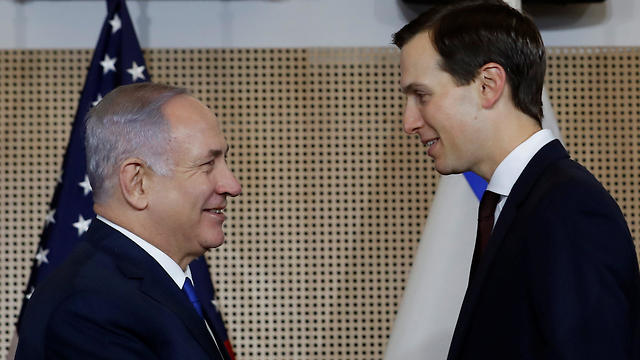
An Arab NATO in the making
Saudi Arabia plays host to high-level officials from US, Gulf states and Jordan as it prepares to launch Middle East Strategic Alliance - a new body designed to counter Iran's influence in the region
Saudi Arabia is preparing for the launch of the so-called “Arab NATO” — the Middle East Strategic Alliance (MESA) — in an effort to combat Iranian hegomony in the region.
The kingdom on April 8 hosted a meeting with the high-level participation of Saudi Arabia, the United States, the United Arab Emirates, Bahrain, Kuwait, Oman, Qatar and Jordan. According to the Saudi WAS news agency, the meeting was “an important step to launching the alliance, which aims to strengthen the security and stability of the region and the world.”
Sulaiman al-Oqaily, a Saudi political analyst, says there must be one strategy among the Arab nations that form the alliance, as well as a clear target in order for such an endeavor to succeed.
First, al-Oqaily points out that there must be one united Arab bloc that has agreed that the “Arab NATO” would protect the Arab world from all kind of threats and security challenges. “Its members’ motives and determinants have to be the same,” he says.
Al-Oqaily says that the sectarianism with which Iran targets the Middle East is more dangerous than Israel.
“Iran is taking advantage of its culture and religious links to the Arab world to expand there and destroy it,” he says. “Israel can’t violate the Arab society like Iran, but through its intelligence services.”
He also speculates that if Iran weren’t involved in Iraq, the latter would have peace by now.

The US administration has since last year been exploring the creation of a new security body comprising Sunni Middle Eastern countries that would be geared toward countering Shiite Iran’s regional adventurism. Reportedly, MESA member-states would seek deeper cooperation in the realms of missile defense, military training and counter-terrorism, while strengthening broader political and economic ties.
“It would serve as a bulwark against Iranian aggression, terrorism, extremism and will bring stability,” a spokesperson for the White House’s National Security Council asserted in reference to the potential association last year.
“It’s not a new project. However, its implementation is what matters,” says Qassem Qaseer, a Lebanese political analyst. He confirms that the US has been working with Arab states for a while now to form such a body, noting that “the issue remains with the different agendas and political approach of its member of states.”
For example, Qaseer says that the Arab countries don’t agree on more than one critical issue, pointing out that the Arab NATO is still an idea with no structure.
“They aim to pressure Iran on the ground by such initiative, although, they need to make it a reality first,” Qaseer says. It is noteworthy that the Idea of an Arab NATO coalition is one of the results of the Arab-Islamic summit hosted by Riyadh in May 2017.
Over the past year, senior American officials, including President Donald Trump’s adviser Jared Kushner and international negotiator Jason Greenblatt, have conducted shuttle diplomacy among Middle East capitals. Several analysts who spoke to The Media Line confirmed the visits laid the foundation for MESA, although the notion reportedly was first raised by Saudi Arabia.
Regarding Israel, its relations with regional Muslim nations are by most accounts improving, primarily the result of a shared interest in curbing Iran’s potential nuclearization. However, the conflict with the Palestinians remains a major, if not insurmountable, obstacle to the establishment of full diplomatic ties between Israel and more of its neighbors.
Article written by Dima Abumaria. Reproduced with permission of The Media Line












